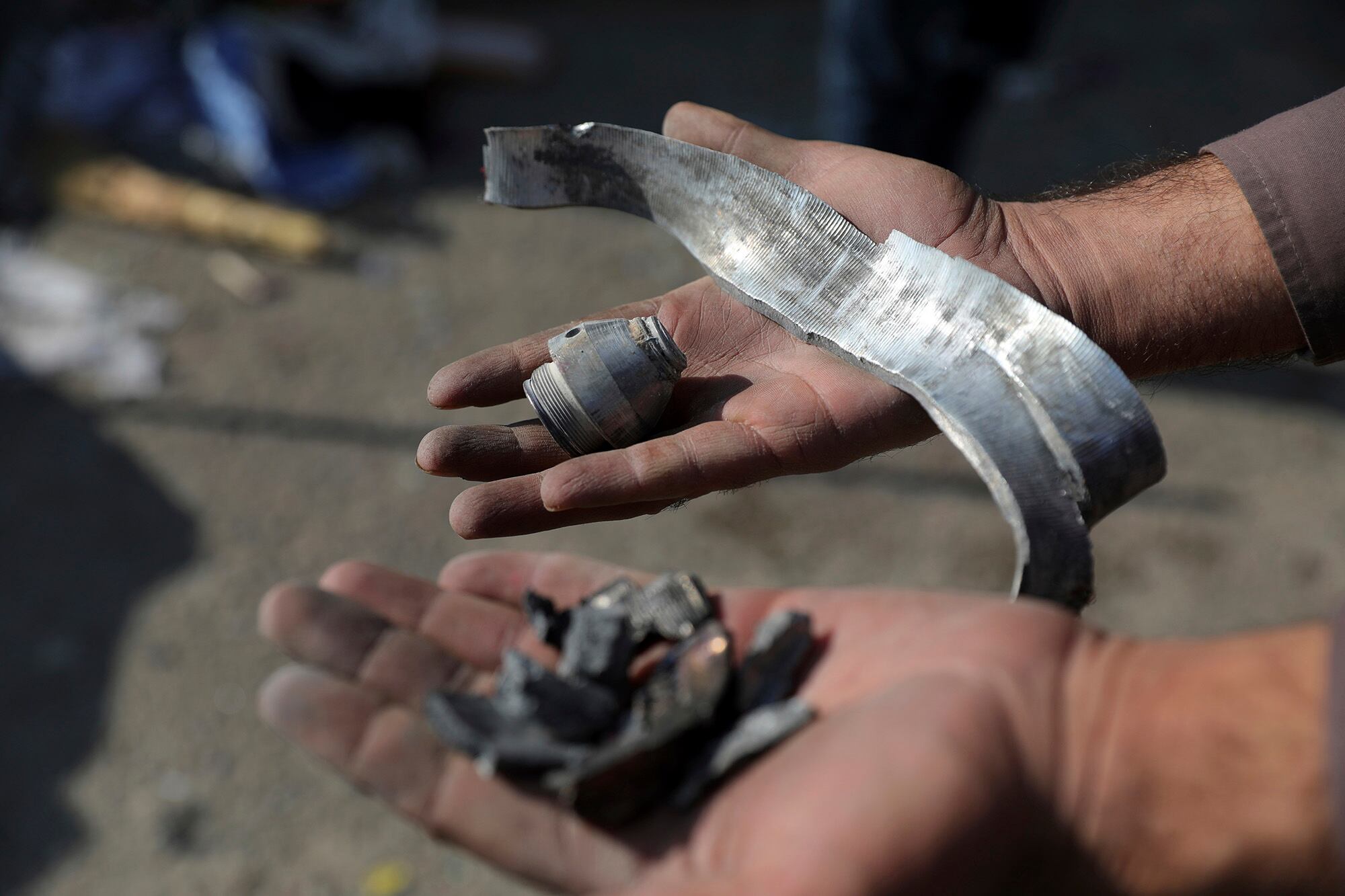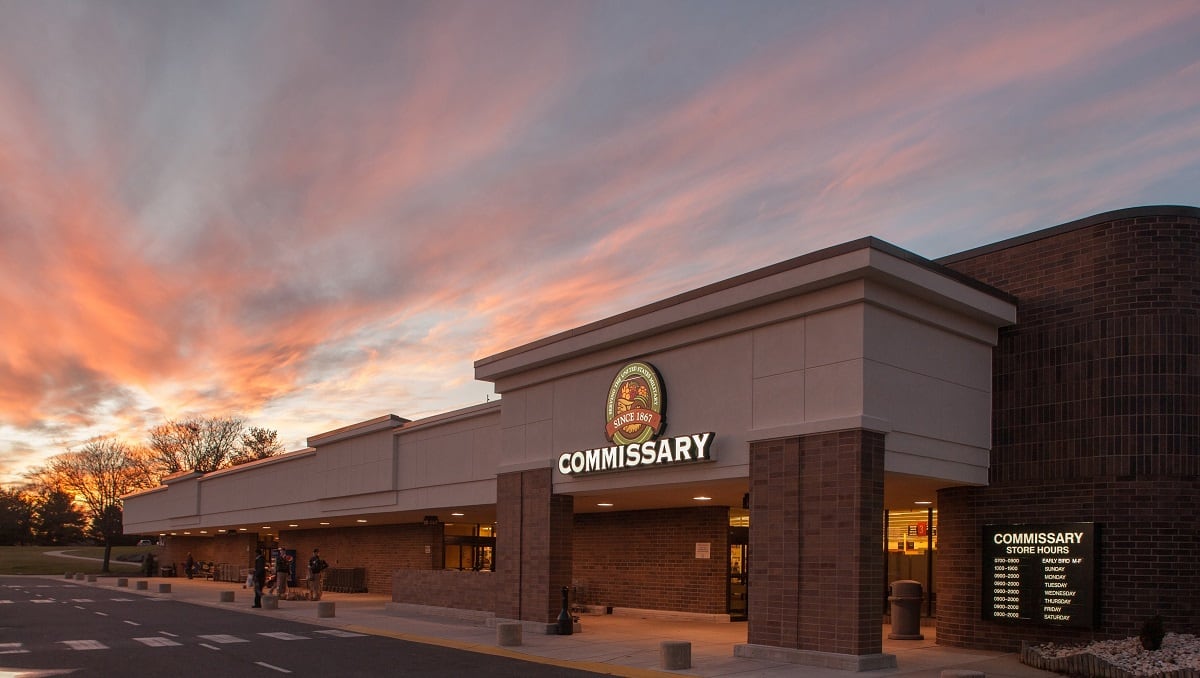KABUL, Afghanistan — Mortar shells slammed into a residential area of Afghanistan’s capital and killed eight people Saturday, hours before outgoing U.S. Secretary of State Mike Pompeo held what are likely his last meetings with the Taliban and Afghan government negotiators trying to hammer out a peace deal.
The attack in Kabul, claimed by Islamic State militants, also wounded 31 people.
The assault came as peace talks were underway in Qatar, where Pompeo told Afghan government negotiators that the U.S. will “sit on the side and help where we can” in the negotiations with Taliban militants. Meanwhile, the U.S. military announced a sudden visit to the Mideast by long-range, nuclear-capable B-52H bombers, underlining America’s continuing presence in the region.
RELATED
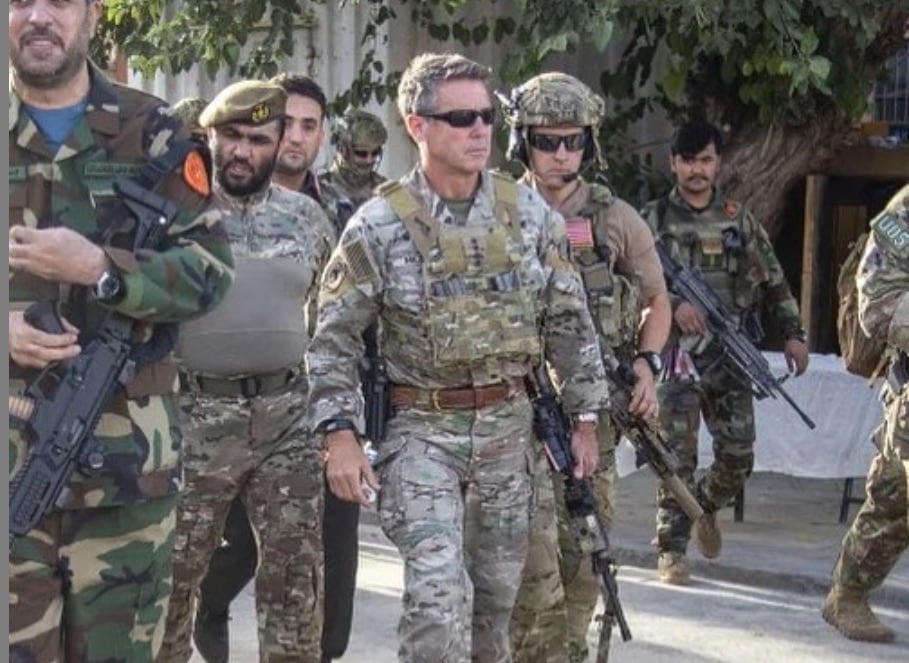
Two Taliban officials told The Associated Press that the warring sides have found common ground on which to move forward the stalled talks. The officials, who spoke on condition of anonymity because they are not authorized to speak to journalists, did not elaborate.
In Kabul, at least one of the 23 mortar rounds hit inside the Iranian Embassy compound. No one was wounded, but it damaged the main building, the embassy said. At least 31 people were hurt elsewhere in the city, according to the Interior Ministry.
The local Islamic State affiliate issued a statement claiming the attack that targeted the so-called Green Zone in Kabul, which houses foreign embassies, the presidential palace and Afghan military compounds, according to SITE Intelligence Group.
In Doha, Pompeo met with the co-founder of the Taliban, Mullah Abdul Ghani Baradar, who signed the peace agreement with Washington in February ahead of the so-called intra-Afghan talks. Taliban spokesman Mohammad Naeem tweeted that further prisoner releases were discussed in the meeting, in addition to those that the two sides committed to ahead of peace talks under the U.S. deal.
Naeem said the Taliban also repeated their demand that their leaders be removed from the United Nations sanctions list.
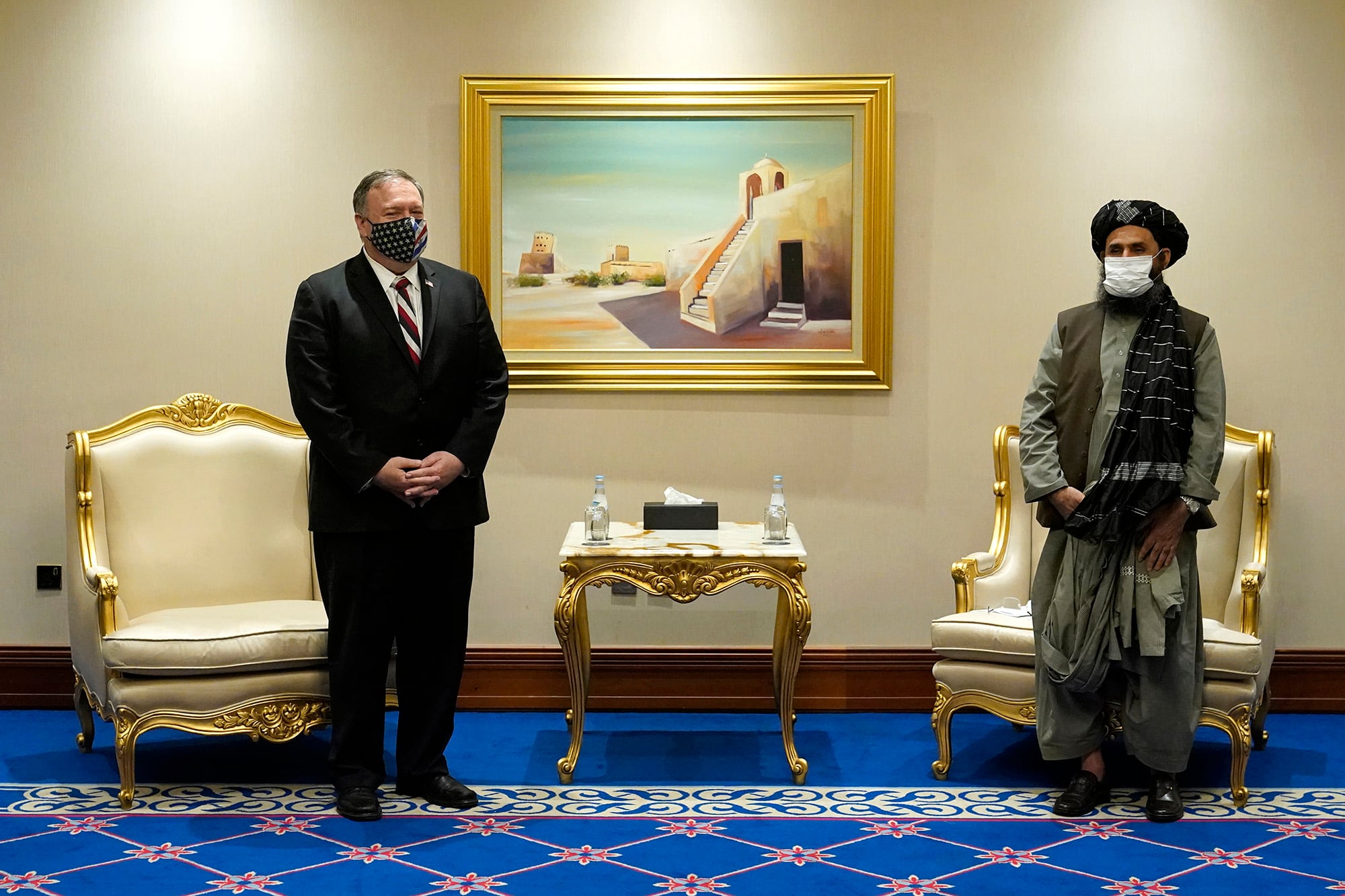
For most Afghans, the overriding concern has been a sharp rise in violence this year and a surge of attacks by the Taliban against Afghanistan’s beleaguered security forces since the start of peace talks in September.
The announcement this week that the United States will accelerate its planned troop withdrawal has lent greater urgency to the intra-Afghan negotiations and to the calls for a reduction in violence. Washington announced it would withdraw another estimated 2,500 troops before the middle of January, leaving about 2,000 soldiers in Afghanistan as part of America’s longest war.
The Taliban have, however, held to their promise not to attack U.S. and NATO troops. The U.S., alongside coalition forces, invaded Afghanistan in 2001 in the wake of al-Qaida’s Sept. 11 attacks, masterminded by Osama bin Laden, then a guest of the Taliban government.
RELATED
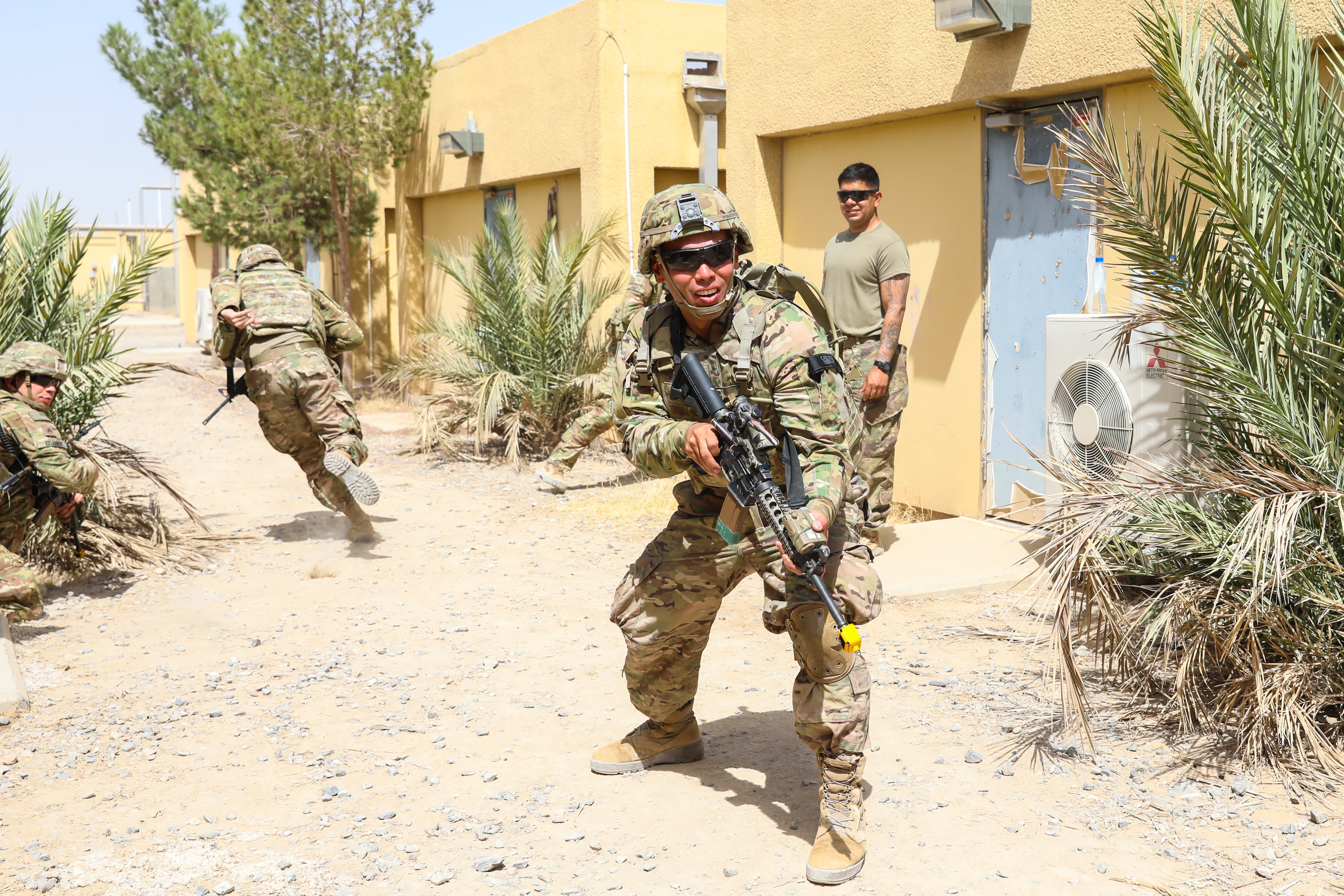
The United States has been pressing in recent weeks for a reduction in violence, while the Afghan government has been demanding a cease-fire. The Taliban have refused, saying a cease-fire will be part of negotiations.
There are many within the Afghan government who want February’s peace deal scrapped. President-elect Joe Biden has previously advocated a small, intelligence-based force in Afghanistan to focus on counterterrorism.
The arrival of the long-range B-52H bombers underscored America’s ability to continue to strike inside Afghanistan and the wider Middle East. The bombers from North Dakota’s Minot Air Force Base came as part of what the U.S. military’s Central Command described as “a short-notice, long-range mission into the Middle East” to “deter aggression and reassure U.S. partners and allies.”
Tensions also remain high between the U.S. and Iran in the waning days of the Trump administration.
Abdullah Abdullah, the head of the government’s High Council for Reconciliation, separately condemned the Kabul attack in a tweet, calling it a “cowardly” act. The council oversees the government’s team negotiating with the Taliban in Doha.
Pakistan, whose Prime Minister Imran Khan visited Kabul on Tuesday for the first time since he came to office, condemned the attack and warned “it is important to be vigilant against the spoilers who are working to undermine the peace efforts.” He did not identify the spoilers.
Hours before the attack rattled Kabul, a bomb attached to a car killed one member of the Afghan security forces and wounded three others in an eastern neighborhood of the capital, police spokesman Ferdaws Faramarz said.
Gannon reported from Islamabad. Associated Press writer Jon Gambrell in Dubai, United Arab Emirates, contributed to this report.
